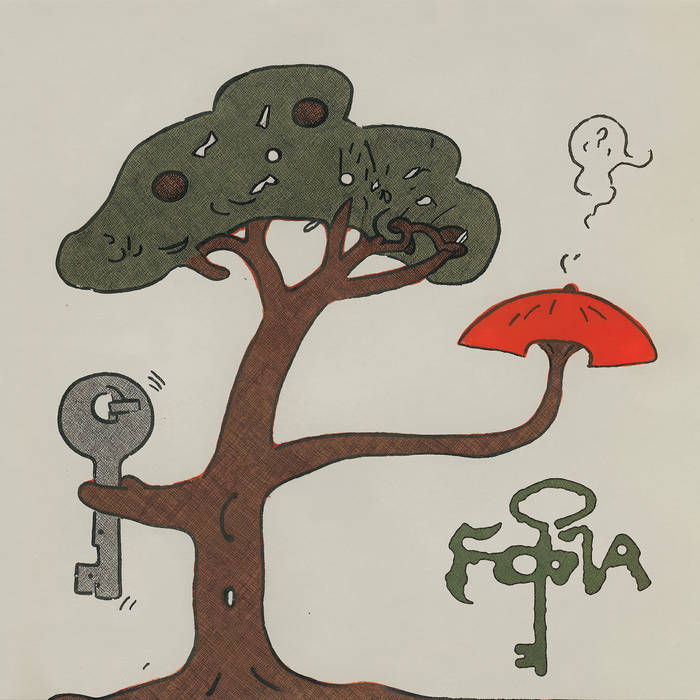Fears are very individual, and how one person copes with theirs might not make their struggles evident to others. So while Argentinian artist aylu took a generally delicate approach to her latest album, she’s made explicit that it is an exercise in processing with the title Fobia.
aylu – real name Ailin Grad – sets a panicked tone with short, laboured breathing from the opening seconds of Fobia. Depending on your own mental state, this might be the only uncomfortable aspect of the album. But if your brain has ever played a round of pinball with your thoughts, Fobia will resonate in a different way.
Fobia is the sound of nervous energy and someone trying desperately to quell it. Afflicted with claustrophobia and agoraphobia, Grad sounds like she’s trying to create space around her, even as the details begin to overlap on each other. A combination of saxophones and synthesised trombones and trumpets blur the textures together, the feeling of which has a 70s electronic brightness, a little whimsical, and sometimes threatens to teeter into the comical in the way that panic can make you laugh as a stress reaction.
What Fobia lacks in clear rhythm, it makes up for in a strong sense of movement. ‘Prospero’ has a constant hummingbird-like fluttering, first subsumed by an 80s-style hollowed-out guitar and then revived as something choppier, like a train on the tracks. The stuttering pace is maintained while a high-pitched tone whistles around it, and the initial fluttering lightness is gone. ‘Cometierra’’s guitar oscillates, almost droning, a swinging motion that catches counterpoint tones that have been cut up and glued back together in a non-linear way. Those same tones continue to ping-pong about even after the guitar drops out and brash horns and synths try to drown them out.
Grad also produced Fobia, and her production choices colour the mood of the album; a repeated theme of start/stop skipping on multiple tracks affects the songs like a heart palpitation. On ‘El Sol Mal’, it’s a flickering quality that makes you question if your record is skipping. On ‘Desparación Incompleta’, it interrupts an attempted meditation chant. The vocals meld into the climbing pattern of the synths but remain in competition with them, holding a constant tension.
While most of Fobia doesn’t rely on tension, that is the note Grad chooses to end on. Final track ‘Yodo (Remedio)’ has a pacing, marching beat and the same belaboured breathing that opened the album. Though Fobia will be soothing to most, Grad doesn’t offer a neat resolution. There’s no assurance that everything works out for the best. And in the context of the light touch of the album, it’s more of a reminder than a warning.


